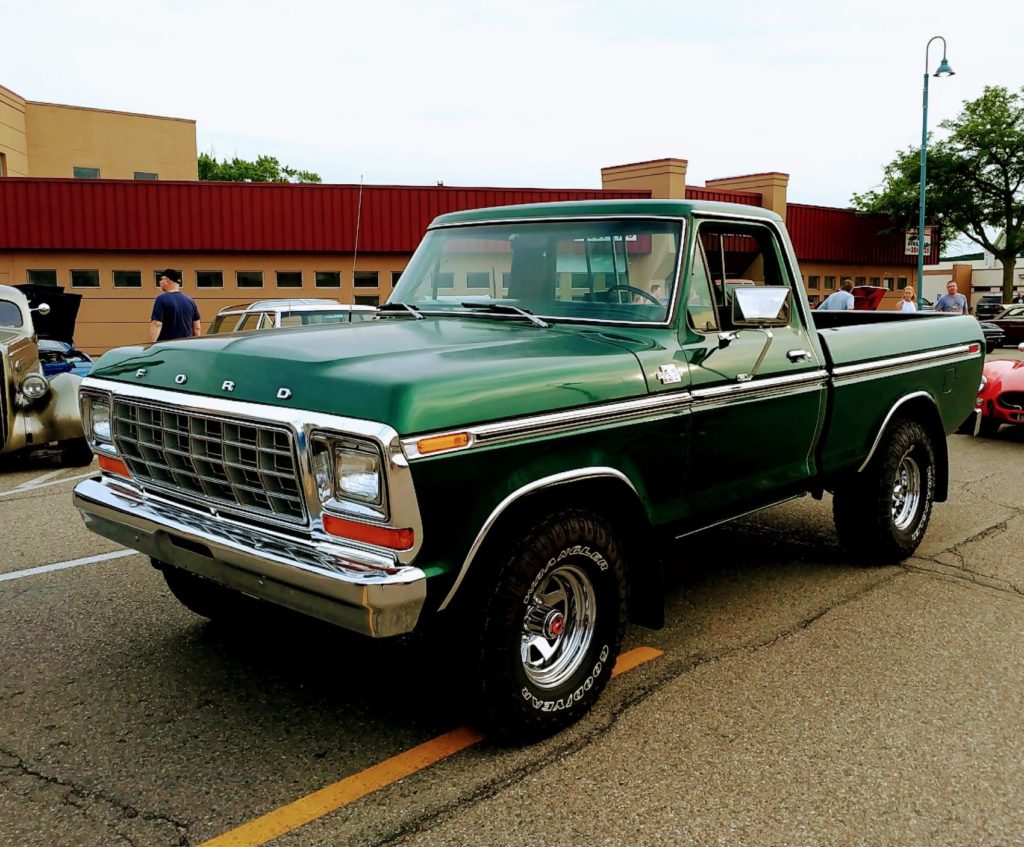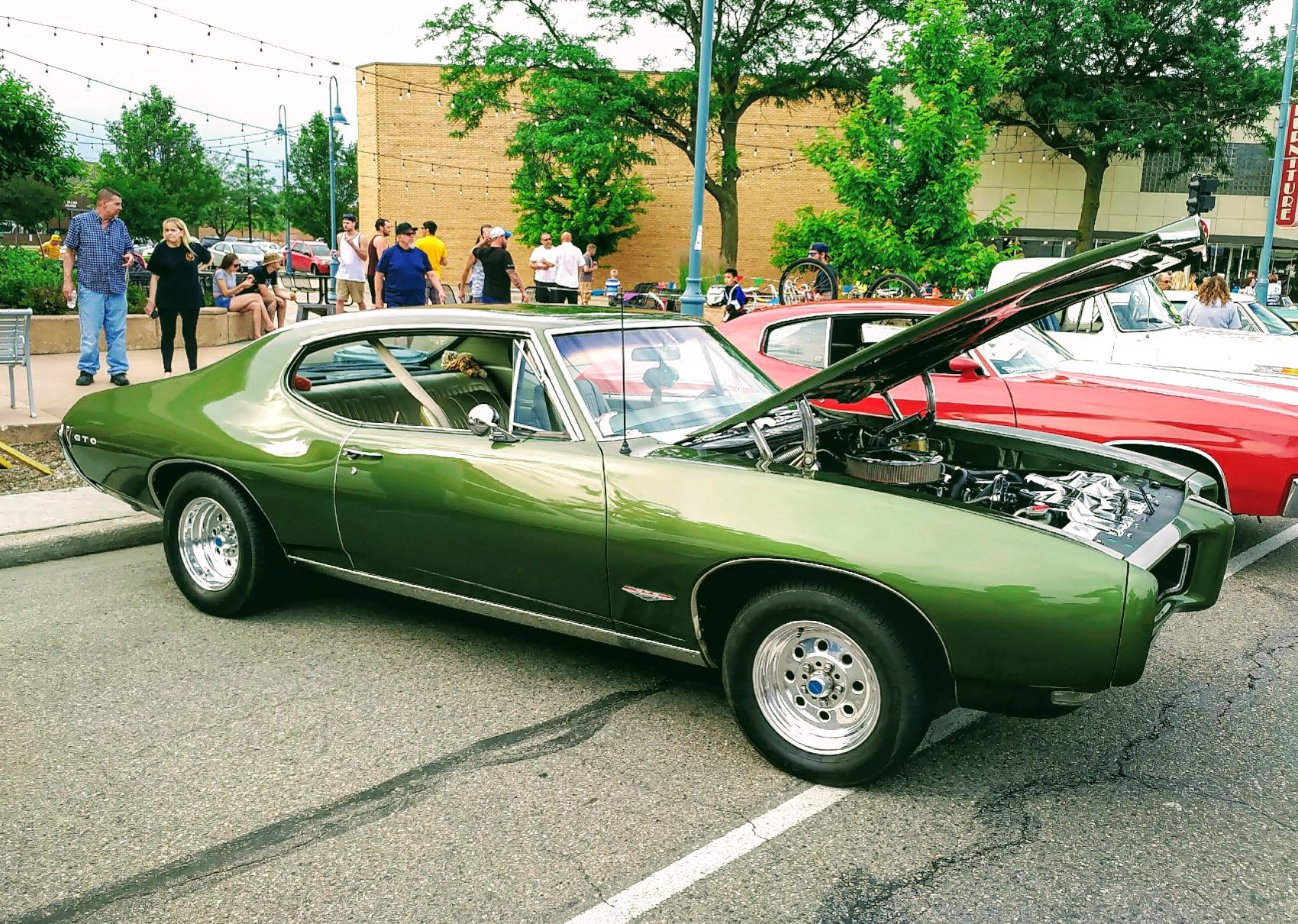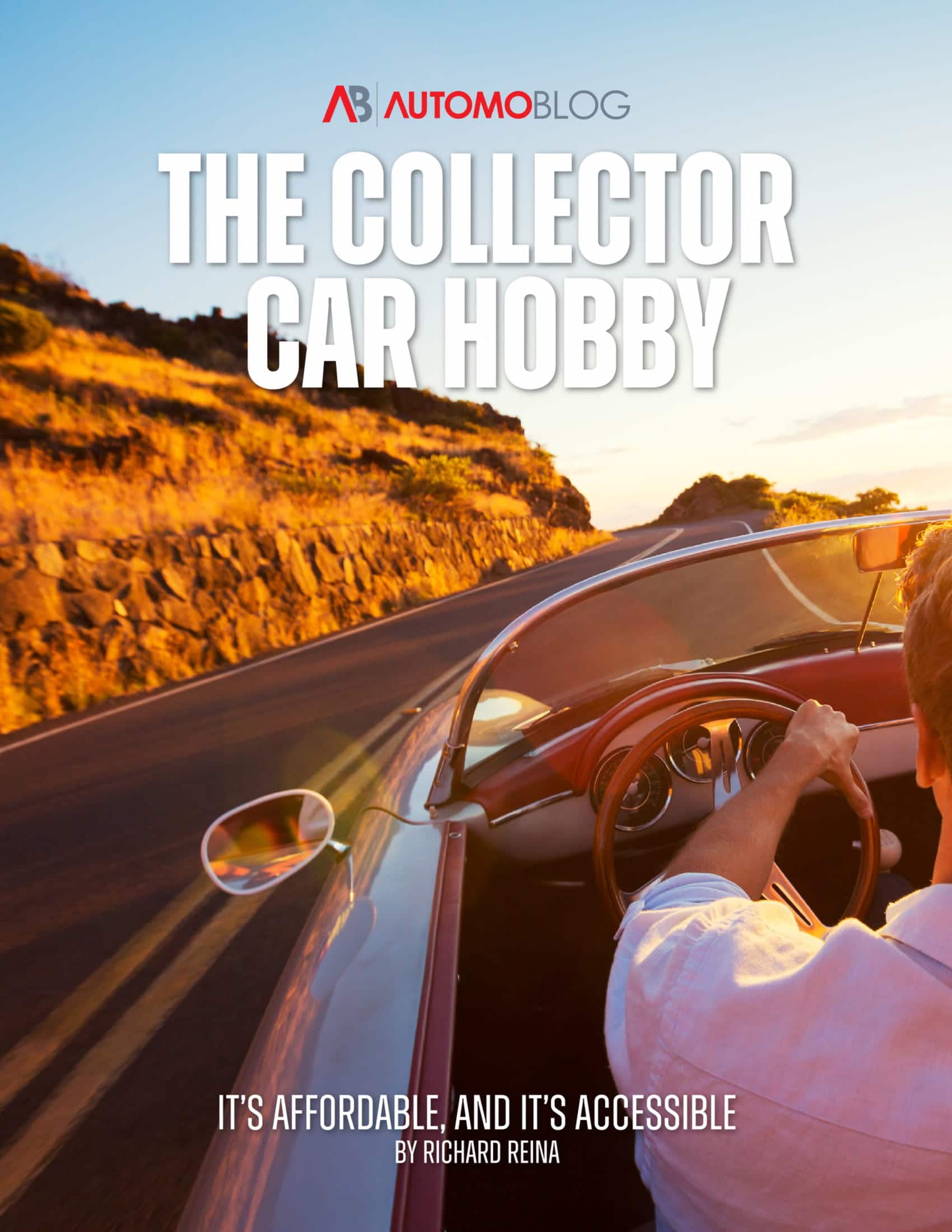Here is our mid-year update on the classic car market in 2021: What has gone on since the pandemic shutdown? Are collectors still in quarantine, or is attendance returning to normal? Have buyers entered into any new market segments? Below are three trends, in particular, we think deserve our attention, some of which may surprise you!
#1: Web-Based Formats
Instead of slowing, the Collector Car Market surged during the pandemic.
In the early spring of 2020, as the COVID shutdown began, all indications were that the collector car market would collapse. And in some ways, it did. By mid-March, almost every “live” event across the globe was postponed (and eventually outright canceled). Auctions, rallies, and car shows were wiped off the calendar, and the gloom was felt everywhere.
Parallel with this, hobbyists who had the means found themselves with extra cash as other expenses, such as travel, were curtailed. As an alternative to the stock market, many collectors put their money where they’ve always put it: into special-interest vehicles. Supply and demand were such that prices actually rose! Collectors and investors, sensing a trend, came back to the hobby throughout the second half of 2020 and into 2021.
Meanwhile, old-school auction houses saw live events prohibited and turned to a web-based sales format out of necessity, modifying their presentations with better photos and online condition reports. Internet bidding proved to be as (or even more) successful than the in-person experience, and it continues today, with some auctions run as hybrid live/online events. A full 16 months after the shutdown began, the hobby has not only thrived, but in many cases, special interest vehicle values are up by double-digit percentages.

#2: Younger Crowds & More Trucks
Purchase trends have shifted, both in obvious and less-obvious ways.
Collectors collect the cars of their youth, and as collectors age out of the hobby, the next generation enters and chases the vehicles from their younger years. This tenet has been true since car collecting began in the 1930s. The Baby Boomers (born between 1945 and 1962) fueled the meteoric rise in this hobby over the last 30 years as they collected the sports and muscle cars of the ‘50s, ‘60s, and ‘70s.
So one might presume that a) no one collects “really old” (pre-1940) cars anymore; b) trucks, those throwaway work vehicles, would never become collectible; and c) millennials wouldn’t enter the hobby because they can’t afford it and they’re not as interested. However, this is wrong on all counts.
Certain pre-war (before World War II) vehicles continue to gather collector interest. While those who bought them new are long gone, current hobbyists are treasuring them for their style, historical significance, and trend-setting engineering. Values have remained steady or have increased for some models. Citing two high-end examples from an October 2020 RM Sotheby’s Auction, a 1924 Bentley sold for $445,000, and a 1935 Auburn Speedster sold for $802,500.
The prognosticators should have seen it coming with trucks. The SUV revolution took off when the Ford Explorer and Jeep Grand Cherokee were introduced in the early ‘90s. And the Big Three pickups from Chevy, Ford, and Ram have been the country’s top-selling vehicles for years. Americans have embraced their love of trucks, and this has extended to collecting them. The online auction site Bring a Trailer has sold a few at numbers that can make the eyes water. Earlier this year, a ’98 Chevy pickup with 6,500 original miles sold for $50,000. A first-generation Ford Bronco from 1975 sold more recently for $104,000.
Millennials hung car posters on bedroom walls just like their parents did, and like them, many have entered the hobby. The “young-timer” cars of the ‘80s and ‘90s which Boomers rejected, are currently hot, especially Asian makes and models. Acuras, always big with the tuner crowd, are gaining interest among serious collectors. Again looking at Bring a Trailer results: a 1998 Acura Integra Type R recently went for $51,000. Young-timer trucks are bringing the bucks too, as evidenced by a 1994 Toyota Land Cruiser, which sold for $39,750.
Finding the classic car of your dreams isn’t impossible, but where do you start? Should you look to a dealer or a private seller? Should you take your chances with the auction? What questions should you ask before signing any paperwork on an older car?
Whether you are entering the hobby for the first time, or you are a seasoned veteran, The Collector Car Hobby by Richard Reina covers everything you need to know, from researching your find to keeping it maintained, so you can drive it for years to come. This free e-book is a must for everyone who is immersed in the collector car hobby.#3: Proceeding With Optimistic Caution
COVID is not gone, and neither are the short- and long-term effects on the hobby.
As we attempt to return to normal in 2021, live collector car events, including rallies, shows, and auctions, are repopulated with enthusiasts. Most recently, the 2021 Concours d’Elegance of America was held outdoors in Michigan. After a one-year hiatus, the New England 1000 held its week-long rally in May. Big-name auctions such as Barrett-Jackson and Mecum conducted sales with live, in-person bidding. As of this writing, the extravaganza known as Monterey in August is scheduled to proceed.
Although it’s not all good news, as some events, like the New York Auto Show, are postponed for another year.
The success of the online auction platform Bring a Trailer demonstrates that one can buy and sell cars sight-unseen. As other auction companies have done the same, this is one change that will remain. Other changes, such as continued social distancing or more outdoor shows, may depend on our future with COVID. As virus variants threaten another slowdown, automotive hobbyists have proven their flexibility in the face of adversity.
Resourceful collectors will seek safe alternatives or will patiently wait until the situation improves. The past year and a half proves, though, that the strength of the car collector hobby resides with the collectors themselves.
Richard Reina is the Product Training Director for CARiD.com, and Automoblog’s resident expert on the classic and collector car market. He enjoys restoring and driving old cars with a special love for anything Italian. Richard is the author of The Collector Car Hobby, a guidebook for finding and enjoying the classic car of your dreams.



